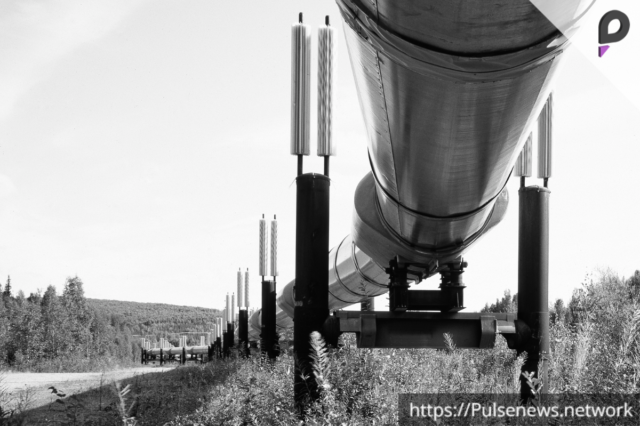MOSCOW: The New Year has ushered in a significant shift in the energy landscape of Europe as Russian gas exports through Soviet-era pipelines running through Ukraine have come to a complete halt. This marks the end of a long-standing period during which Moscow held considerable influence over Europe’s energy markets.
The Halt of Gas Exports
Despite nearly three years of ongoing conflict, gas supplies had continued to flow. However, on January 1st at 0500 GMT, Russia’s state-owned gas company Gazprom announced the cessation of exports after Ukraine opted not to renew a vital transit agreement. This decision was anticipated, given the ongoing tensions and geopolitical dynamics.
Impact on European Consumers
Unlike the tumultuous energy crisis experienced in 2022, when reduced gas supplies from Russia led to soaring prices and a significant cost-of-living crisis in the European Union, the current halt is not expected to severely impact consumer prices. EU countries have proactively sought alternative energy supplies and routes, ensuring stability in their energy markets.
Alternative Supply Arrangements
Countries such as Slovakia and Austria, the last remaining EU buyers of Russian gas via Ukraine, have successfully secured alternative sources. At the same time, Hungary is still receiving Russian gas via the TurkStream pipeline that crosses under the Black Sea. This diversification of supply routes demonstrates the EU’s commitment to reducing reliance on Russian energy.
Local Consequences
While the cessation of gas exports marks a turning point for Europe, it also brings significant consequences for Ukraine. The country is set to lose approximately $1 billion annually in transit fees as a result of the halted gas flow. On the other hand, Gazprom is expected to face a substantial loss of around $5 billion in gas sales.
Conclusion
The end of Russian gas exports via Ukraine signifies a critical juncture in Europe’s energy landscape. As the EU shifts towards greater energy independence and security, the ramifications of this decision will be felt across the continent. The transition away from Russian gas is not just a matter of supply; it reflects the broader geopolitical landscape and the ongoing efforts to reshape energy dependence in the face of conflict and uncertainty.











